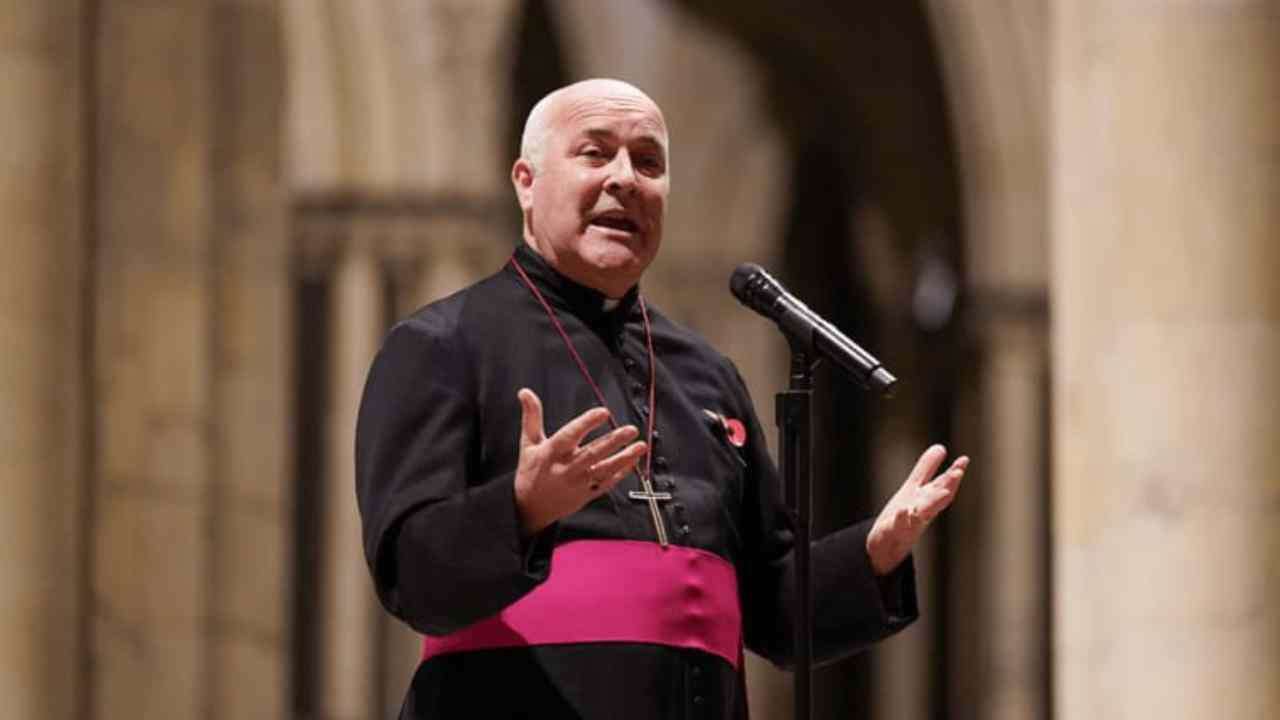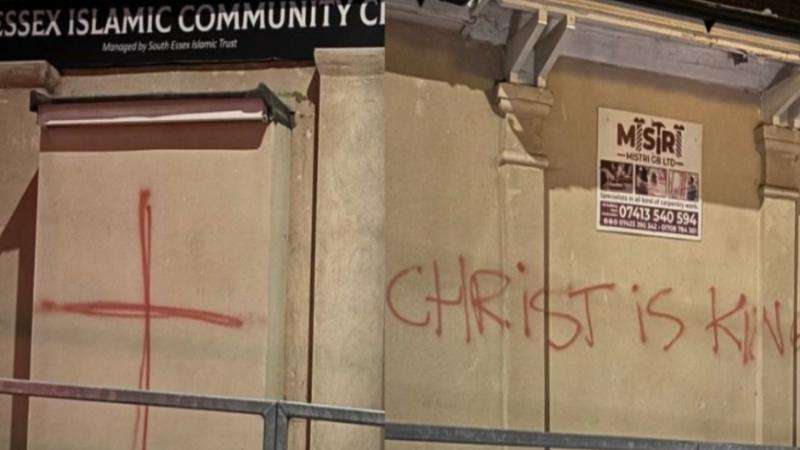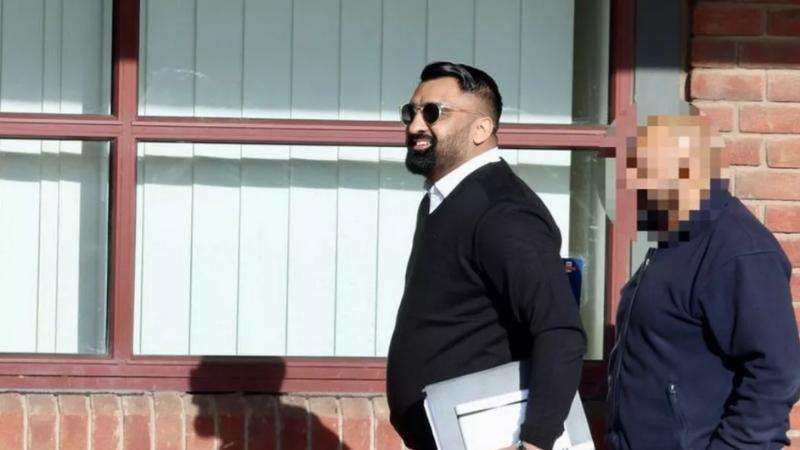In a powerful statement that has resonated across the nation, the Archbishop of York, Stephen Cottrell, has condemned Reform UK's mass deportation plans as "un-British and un-Christian," asserting that such a policy is "beneath us as a nation." His comments directly challenge Nigel Farage's proposal to deport all asylum seekers who have arrived in the UK via small boats, a plan which targets an estimated 600,000 individuals.
The Archbishop's strong moral stance is a critical counterpoint to the political rhetoric of mass removals. He argued that the British way has long been one of "compassion and understanding," a principle that cannot be abandoned by "simply closing the door." He emphasizes that a just and functional system is needed for all, including host communities, but that the core of the debate is about the very identity of the nation. For a country with a long and proud history of offering refuge to those fleeing violence and persecution, to turn its back on people in need would be a fundamental betrayal of its values.
The Critical Distinction: Regular Immigrants vs. Asylum Seekers
The public discourse often conflates different types of migration, leading to confusion and hostility. It is crucial to understand the legal and humanitarian distinctions between regular immigrants and asylum seekers, particularly those who are often misleadingly labeled as "illegal immigrants."
Regular Immigrants: These are individuals who have come to the UK through established, legal pathways. This includes people on work visas, student visas, and those joining family members. They have a pre-existing right to be in the country, granted by the Home Office, and their numbers are carefully managed to meet specific economic, social, or educational needs. In the year ending June 2025, for example, there were over 850,000 non-visit visas granted, including a significant number for work and study. These individuals are an essential part of the UK's economy and society, contributing through their skills and taxes.
Asylum Seekers: An asylum seeker is a person who has fled their home country and is seeking international protection from persecution, violence, or war. Under international law, specifically the 1951 Refugee Convention, a person has the right to seek asylum in another country. It is important to note that asylum seekers must be physically present in a country to make a claim. There is no asylum visa that allows people to travel to the UK for this purpose. Therefore, they often have no choice but to use irregular routes to escape danger. Once in the UK, they must present themselves to authorities to have their case assessed. The term "illegal" is legally inaccurate in this context, as seeking asylum is a human right. Asylum seekers are not "illegal immigrants" but individuals exercising their legal right to seek protection.
Farage's proposal to deport those who arrive via irregular means would fundamentally deny this right. His plan would require the UK to leave the European Convention on Human Rights (ECHR) and other international treaties that protect individuals from being returned to a place where their life or freedom is at risk.
The Broader Picture: Immigration and Britain's Economy
The conversation around immigration is often dominated by a small percentage of irregular arrivals, overshadowing the overwhelming majority of people who come to the UK legally and contribute significantly. The latest figures show a far larger picture of migration than the focus on small boats suggests. In 2024, an estimated 948,000 people migrated to the UK, with net migration standing at 431,000. These figures include a vast number of students, skilled workers, and others who fill vital roles in sectors like healthcare and technology.
The Church of England's intervention is a timely reminder that the debate on immigration should not be reduced to a single, inflammatory issue. Instead, it should be a balanced discussion that recognizes the human dignity of those seeking refuge and the economic and cultural contributions of all who choose to make Britain their home. The Archbishop's message is clear: a truly strong nation is not one that builds walls, but one that extends a hand of compassion, upholding a tradition of sanctuary that is at the very heart of its national identity.








.svg)



